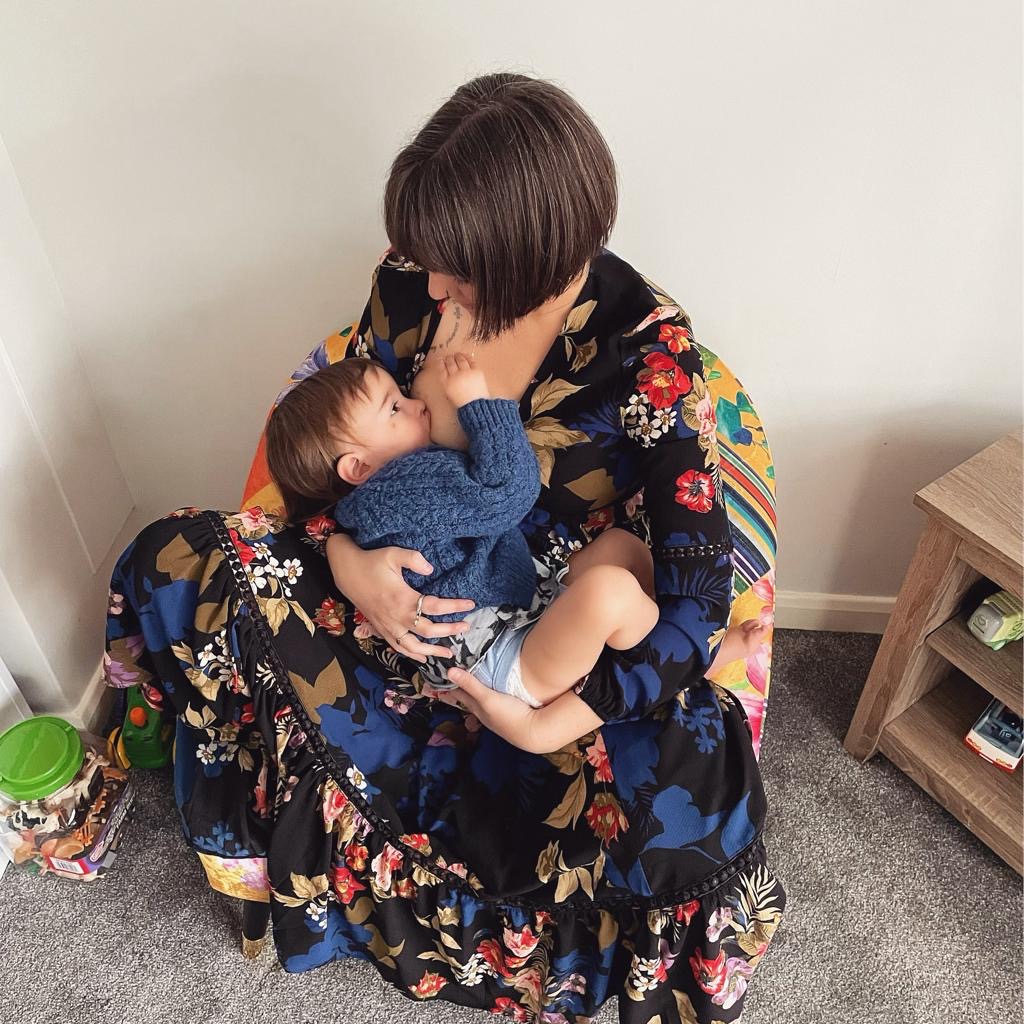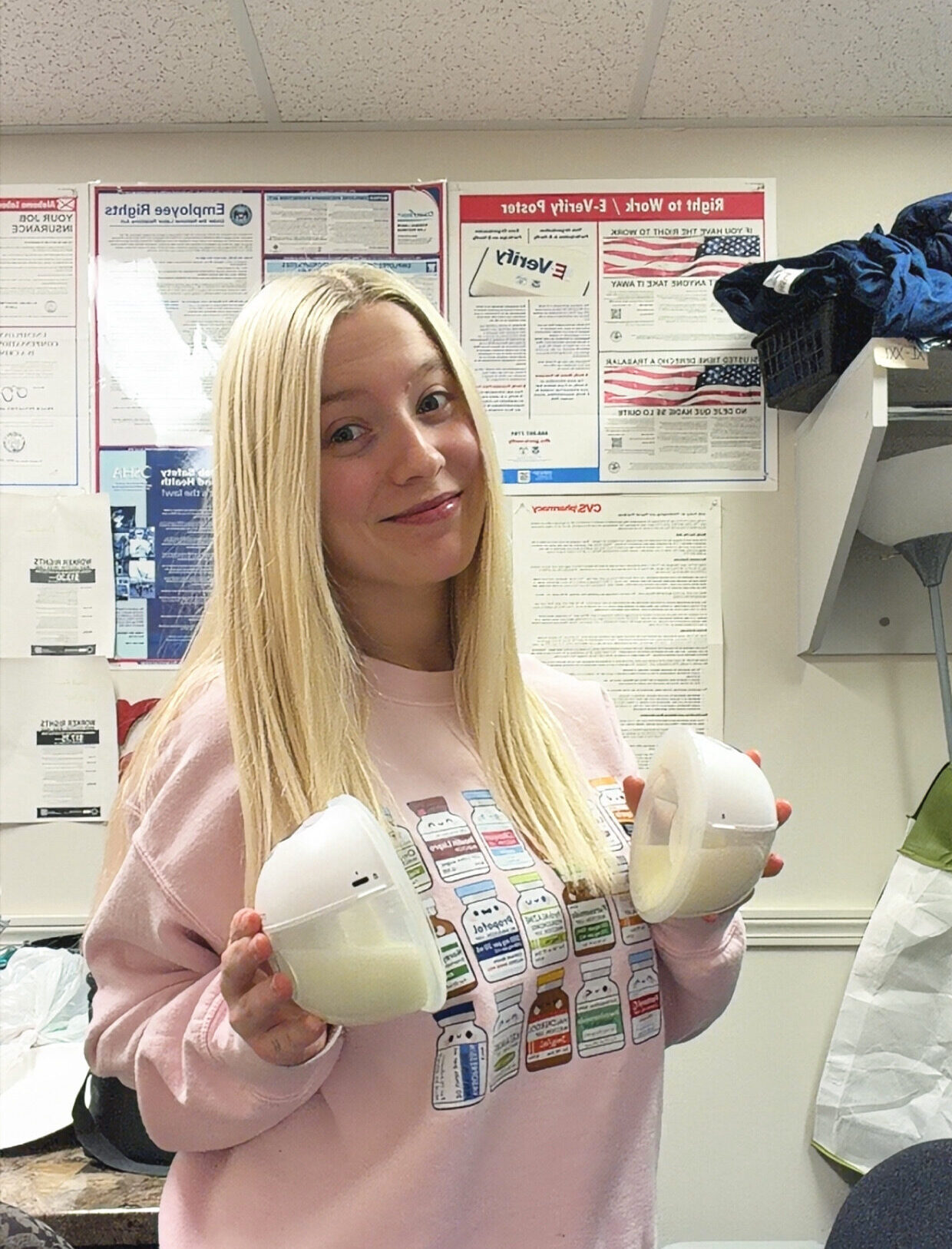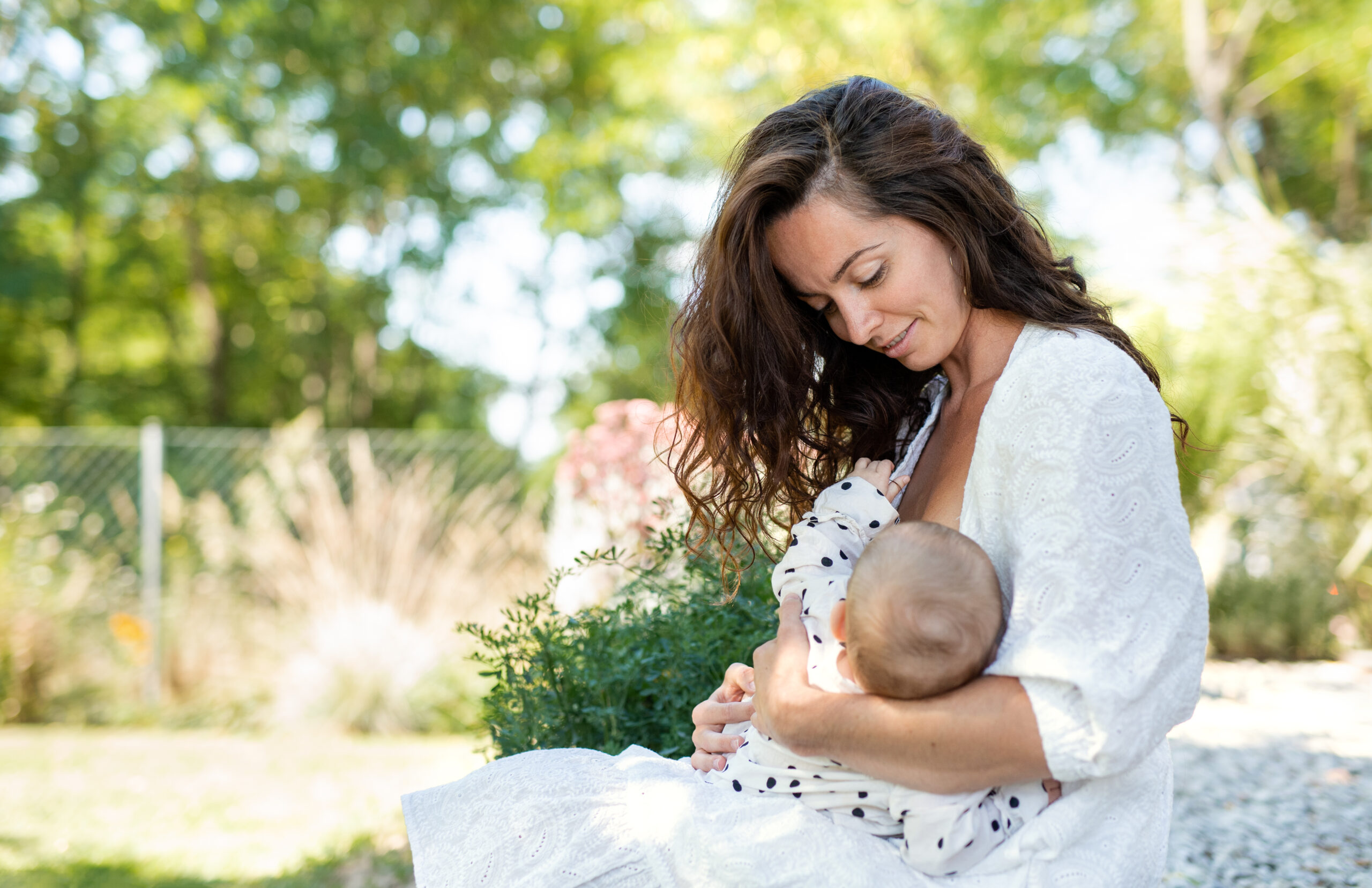Breastfeeding is a beautiful and natural way to provide nutrients to your baby. Not only is it a bonding experience that has numerous other emotional benefits, it is also the recommended method for feeding infants. Breast milk is tailor-made for your baby and its nutritional profile changes as your baby grows. Breast milk also contains many different antibodies that strengthen your baby’s immune system.
One component that breast milk typically doesn’t supply enough of is Vitamin D. Vitamin D is extremely important to the health of a mother and her breastfeeding baby. We are going to explore why vitamin D is so prevalently deficient in breastfed babies, the health benefits of Vitamin D for both mother and baby and how to treat a deficiency.
Vitamin D and breastfeeding
It is actually impossible for a person to consume all of the vitamin D that their body requires from diet alone. This is why the sun plays a role in obtaining vitamin D. When your bare skin is exposed to the sun your body will begin to produce vitamin D. When a mother has a new baby, they typically stay indoors for a few days up to a few weeks or months. Having a new baby can be exhausting or it could be flu season and the baby needs to stay indoors to avoid becoming sick. We have all been instructed to wear sunscreen when we are in the sunlight to avoid skin cancer, and when babies are taken outdoors they are usually covered in their car seat or in a blanket. To be protected, they should also wear long-sleeved clothes and a baby bonnet. Along with the factors just listed, breast milk alone does not provide infants with an adequate amount of vitamin D. All of these different pieces can contribute a vitamin D deficiency.
It is actually impossible for a person to consume all of the vitamin D that their body requires from diet alone.
Health benefits
Health benefits of receiving adequate Vitamin D are different for mothers and babies. First, let’s look at the mother. Adults need vitamin D to absorb calcium and promote strong and healthy bones. Long term deficiencies can lead to osteoporosis in women. Vitamin D also helps regulate the immune system and aids the respiratory system.
In children and especially breastfeed babies, not receiving adequate vitamin D can lead to soft bones and a disease called rickets. Rickets can be hereditary but nutritional rickets is caused by a chronic deficiency of vitamin D and doesn’t allow your child’s bones to develop correctly. Their bones are soft and easily bent or broken.
Proper Vitamin D intake
In the olden days, people spent a lot more time outside working on their farm or tending to their land. Women would strap their babies on their backs and help work outside. Adults, children and babies were exposed to more sun than we are today. Now we work and spend more time indoors and we are advised to apply sunscreen if we are in the sun for long periods of time. We are exposed to less raw sun for our body to create vitamin D.
Breastfeeding mothers should eat foods rich in vitamin D. This includes egg yolks, cheese, fatty fish (tuna or salmon) or foods fortified with vitamin D. Mothers should also try to spend plenty of time outside in the sun. You don’t need to get burned or even tan for your skin to produce vitamin D. You just need your bare skin to be exposed until you skin is pink and warm. Getting out in the sun and taking a walk or spending time at the park will also help combat postpartum depression. If you feel that you aren’t consuming enough vitamin D or your exposure to the sun is limited, a vitamin D supplement is always an option!
It is extremely important for new babies and toddlers to get adequate vitamin D to build strong and healthy bones. Just shortly after birth, this vitamin has a great influence on the complete hormonal balance of the baby. It is responsible for regulating the phosphate and calcium metabolism and ensures a reinforcement of the calcium incorporation in the child’s bones and teeth. Because breast milk is notorious for being deficient in vitamin D, most pediatricians recommend a liquid vitamin D supplement. Regarding supplements to breastfed infants Vitamin D Council recommends this to mothers:
- If you take a supplement of 6,000 IU of vitamin D each day you shouldn’t need to give your baby any vitamin D supplement. Your breast milk has enough vitamin D for your baby.
- If you aren’t taking a supplement or getting a good amount of sun exposure, or if you’re taking less than 5,000 IU/day of vitamin D, you should give your baby a vitamin D supplement.
It is extremely important for new babies and toddlers to get adequate vitamin D to build strong and healthy bones.
Vitamin D is extremely important to the health of mothers and babies. The good news is, the basics about vitamin D and how to obtain it are very simple; eat vitamin D rich foods, get plenty of sun exposure and take a supplement if needed. Increasing your vitamin D or giving your baby a supplement alongside breast milk will ensure that your child gets adequate vitamin D for healthy and strong bones!



















